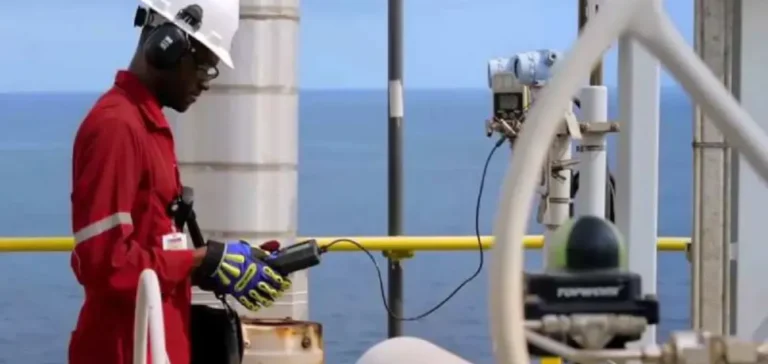Sierra Leone has started its first offshore three-dimensional seismic survey in more than ten years to precisely evaluate the hydrocarbon potential of its maritime basin. Conducted in partnership with consulting firm GeoPartners, this seismic campaign aims to enable the West African country to delineate exploitable areas for future oil and gas licences. The country hopes to launch its next oil licensing round in October, subject to the results of this new survey. This initiative follows a previous licensing round completed in 2023.
Re-evaluation of potential offshore blocks
According to Foday Mansaray, Director General of the Sierra Leone Petroleum Directorate, up to 60 offshore blocks could be made available for auction. The main objective of this seismic campaign is to reduce investment risk by providing potential investors with precise geological data. The processing of data collected from this study is currently underway with the assistance of multi-client company TGS, which specialises in geological data for the petroleum industry. Finalisation of this preliminary seismic data analysis phase is expected within the coming months, thus paving the way for future negotiations with international oil companies.
Estimated resources and regional context
The offshore potential of Sierra Leone is estimated at approximately 30 billion barrels of oil equivalent recoverable, according to local authorities. Among these reserves notably figures the Vega prospect, previously identified by Anadarko Petroleum, with estimated resources of around three billion recoverable barrels. Although earlier discoveries occurred with actors such as Anadarko Petroleum and the Russian company Lukoil, these never reached a threshold enabling commercial exploitation. However, future auctions should exclude ultra-deepwater areas, usually reserved for direct negotiations between the state and operators.
Increasing interest from multinational oil firms
Over the past 18 months, several major companies, including Shell, Petrobras, Hess and Murphy Oil, have acquired geological data available for sale on the region. Sierra Leone, located between two oil-producing countries—Ivory Coast to the south and Senegal to the north—seeks to capitalise on this regional dynamic favourable to oil and gas exploration. Foday Mansaray thus compares the current opportunities to those recently observed in Namibia and Guyana, countries where exploration activity has greatly expanded after years of stagnation.
According to Mansaray, Sierra Leone is now positioning itself as a key player on the West African energy map, anticipating major development of its petroleum sector.






















